Reimagining Education and its Power to Transform the World
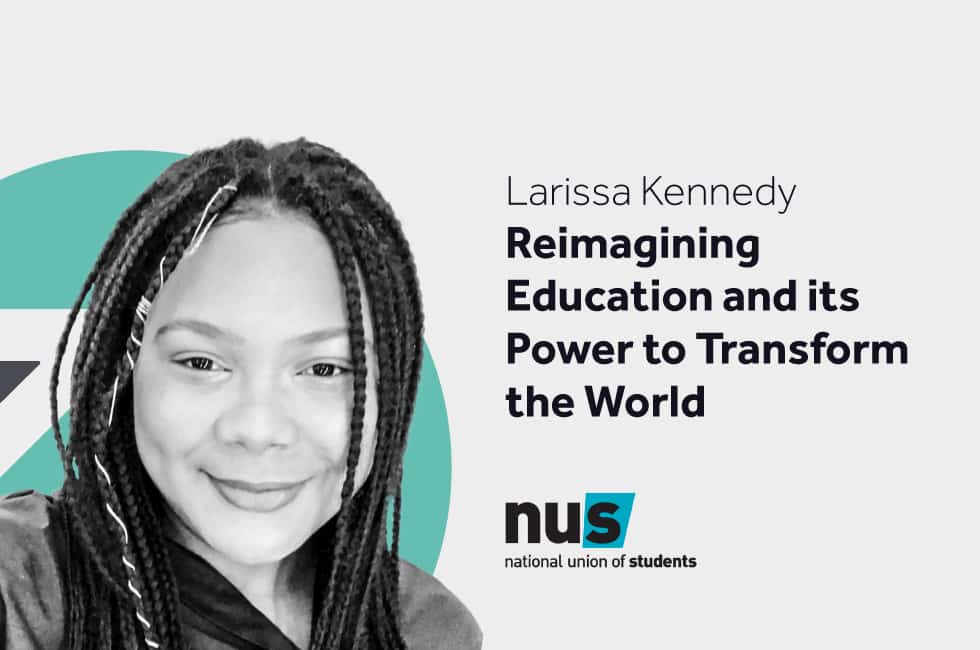
FED Ambassador and President of the National Union of Students, Larissa Kennedy, reminds us that ‘by centring students’ agency in shaping what, how and where we learn, education can inspire, empower and equip generations of people to collectively find the solutions to the crises we face’:
In a reality where 1 in 10 students need to access foodbanks to survive and the average student rent is over £1000 higher than it was 3 years ago, it is abundantly clear to us as students that our education system is in decline and on the brink of crashing.
Tinkering at the edges of this brokenness makes our time as students more survivable but is, ultimately, unsustainable.
It is not just our education system that is on the brink; we are facing multiple crises. The Covid-19 pandemic has exposed the disparities in access to healthcare, and this exists alongside a housing crisis, climate breakdown and ongoing injustices like transphobia, racism and sexual violence.
With this in mind, students are coming together through NUS to build a new vision for education.
In doing so, students are reimagining de-marketised, democratised and decolonised education built on the following 5 principles:
- Fully funded education that is free at the point of access for students, with a student basic income and with proper pay, pensions and conditions for staff across education and beyond;
- Accessible education that uproots disablism in our education system;
- Lifelong education that is there for us all from cradle to grave;
- Education that is part of communities committed to housing justice, climate justice and health justice; and
- An education system rooted in safety, liberation and collective care.
At NUS, we are seeking a seismic shift in our education to reflect the urgency and the gravity of what we are up against. We recognise the fact that education plays an unspoken role in shaping us as people before we head out – or back out – into the world: shifting our mindsets, widening our viewpoints, shaping what we care about.
In David Orr’s book, Earth in Mind, he warns that “without significant precautions, education can equip people merely to be more effective vandals of the earth.”
In building a new vision for education, we can reorient this. With climate education that cuts across all disciplines and levels of education; through education institutions’ divestment from fossil fuels, the arms trade and other industries that harm people and planet; by centring students’ agency in shaping what, how and where we learn, education can inspire, empower and equip generations of people to collectively find the solutions to the crises we face.
Larissa Kennedy, FED Ambassador and President of the National Union of Students
Building an Education Curriculum for a NetZero Future – Ensuring future generations learn about Climate Change
As we move into the second year of our work at the Foundation for Education Development (@FEDeducation) and following the launch of the FED National Education Consultation Report, we hosted a roundtable discussion seeking to answer the theme ‘Building an Education Curriculum for a NetZero Future – Ensuring future generations learn about Climate Change.’
We asked FED Ambassador and President of the National Union of Students, Larissa Kennedy, to write this thinkpiece on her input into the roundtable discussion.





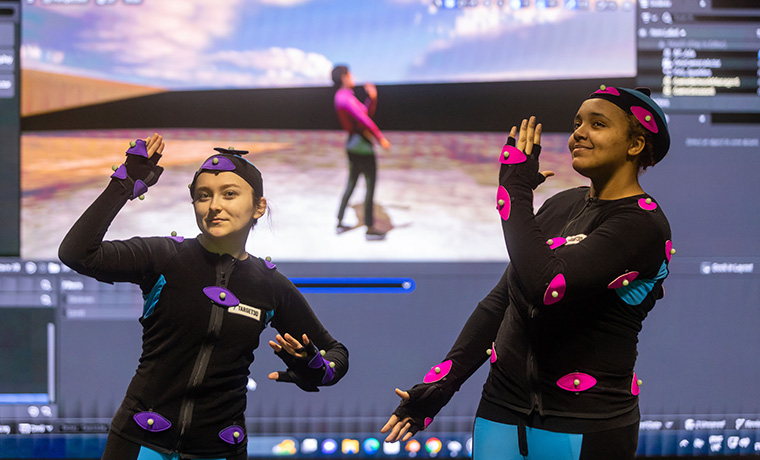
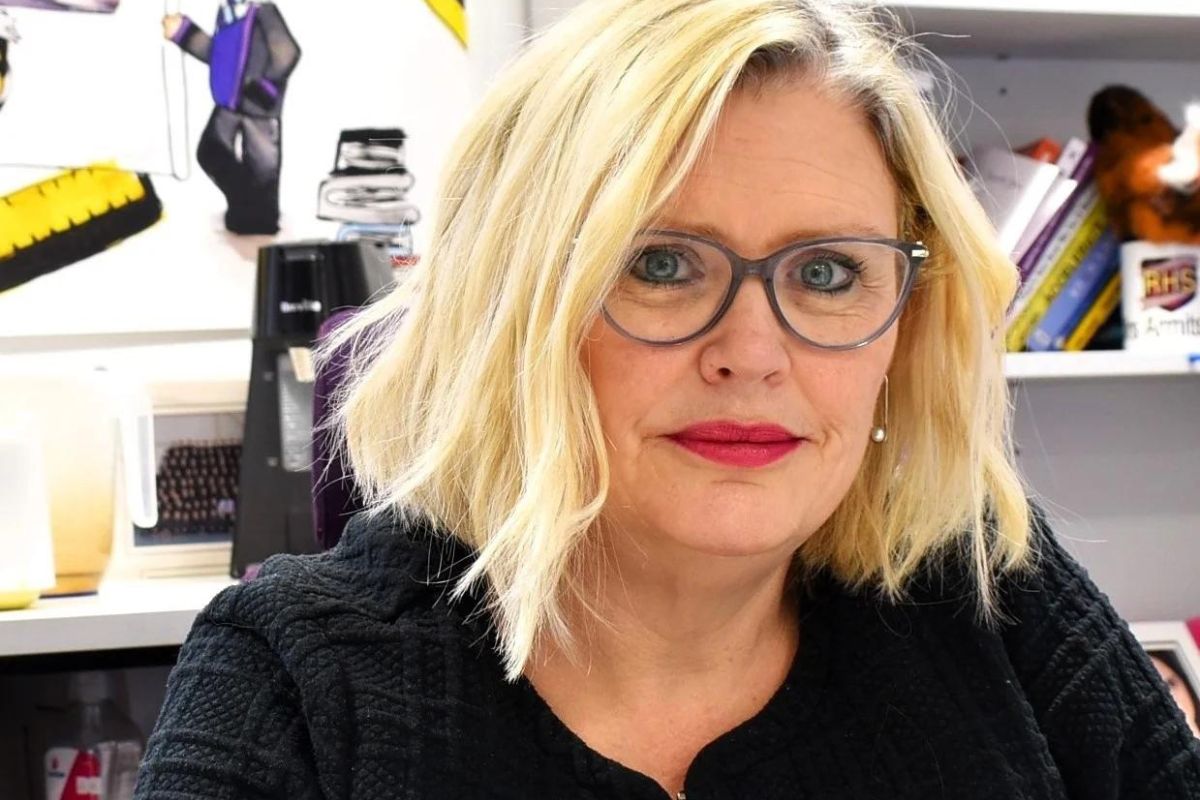

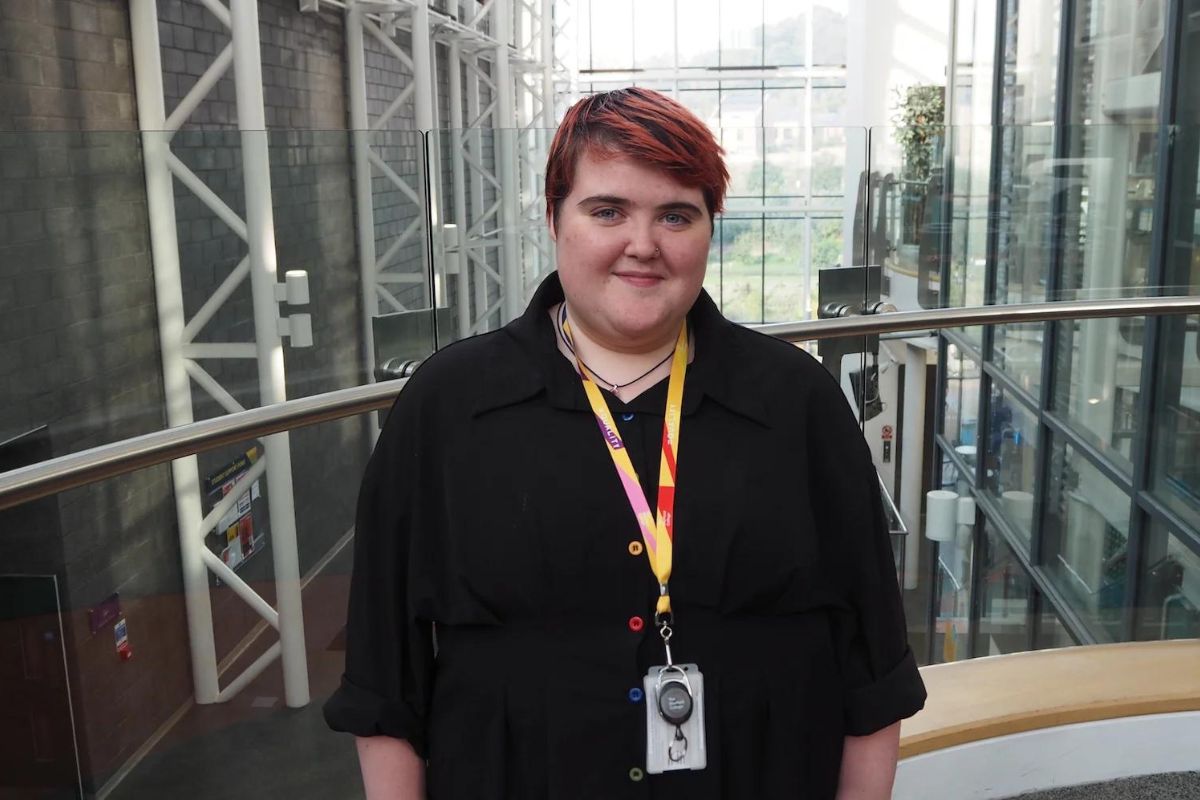

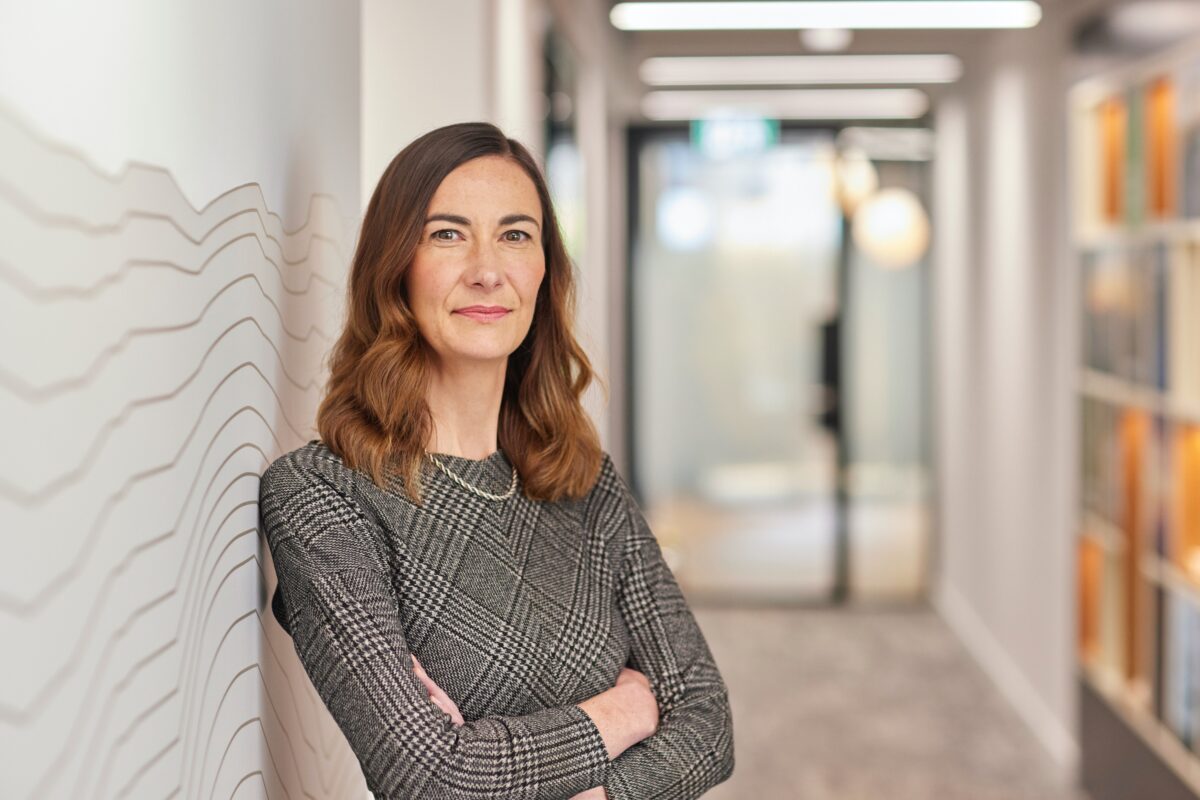
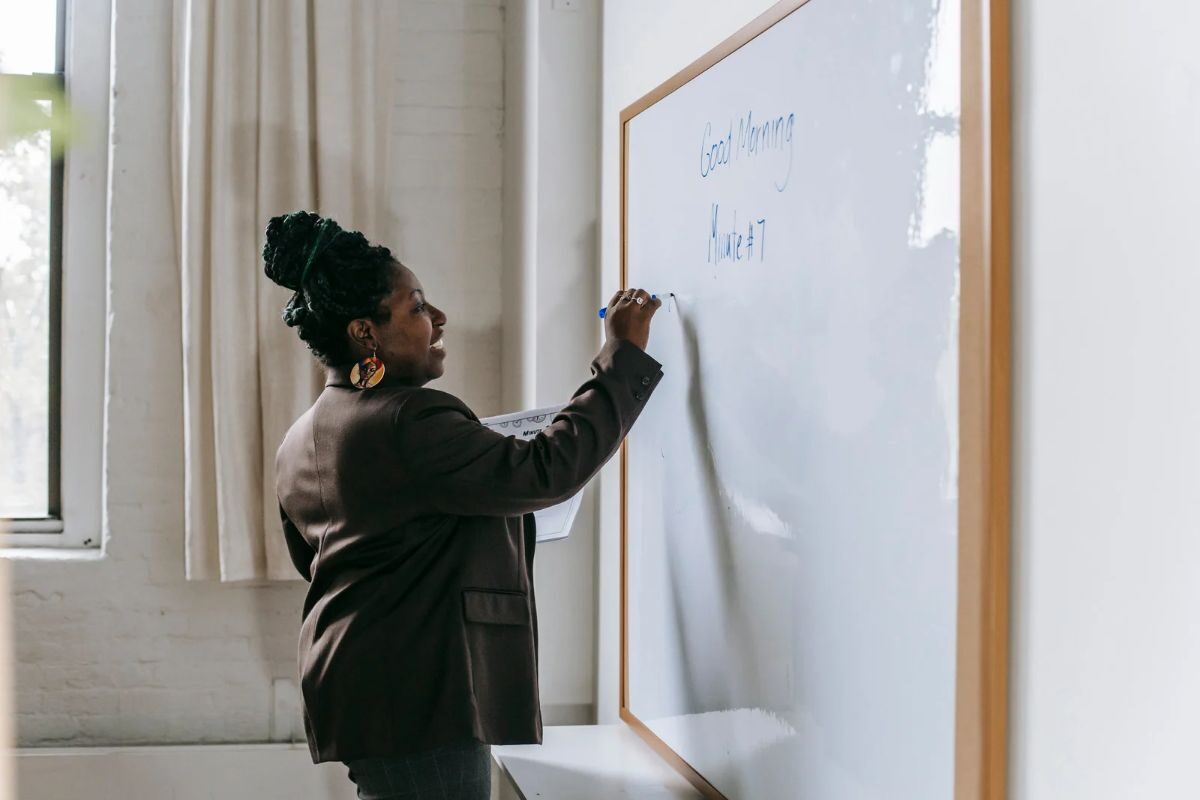
Responses